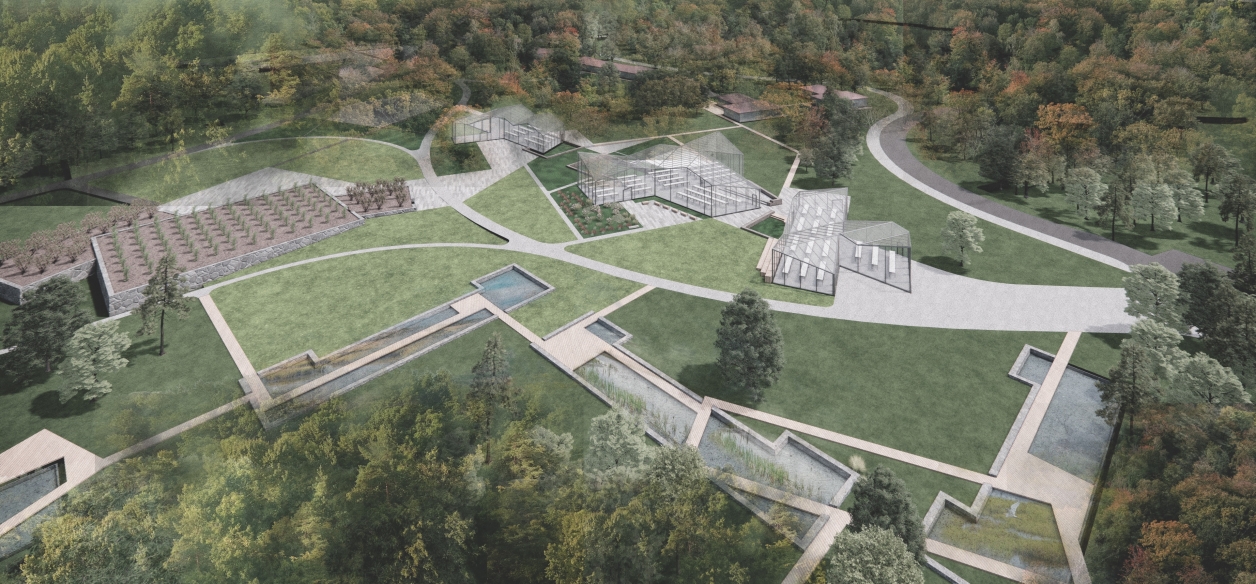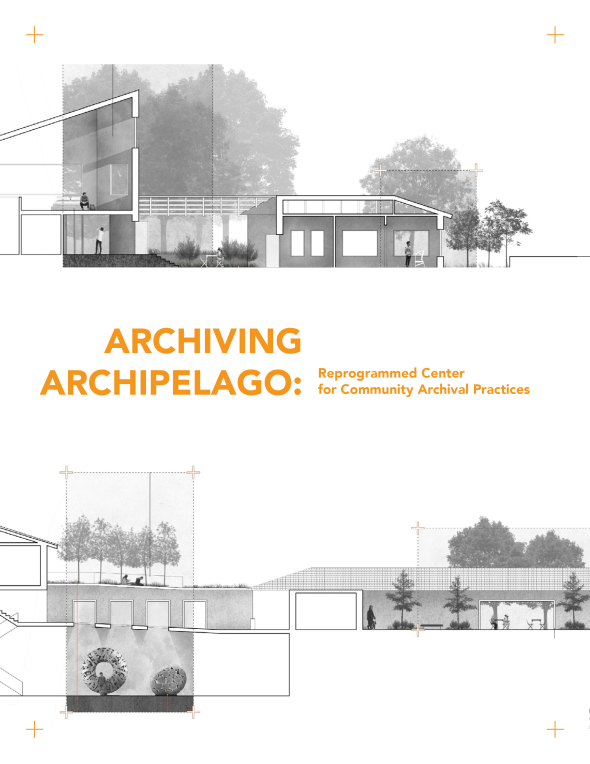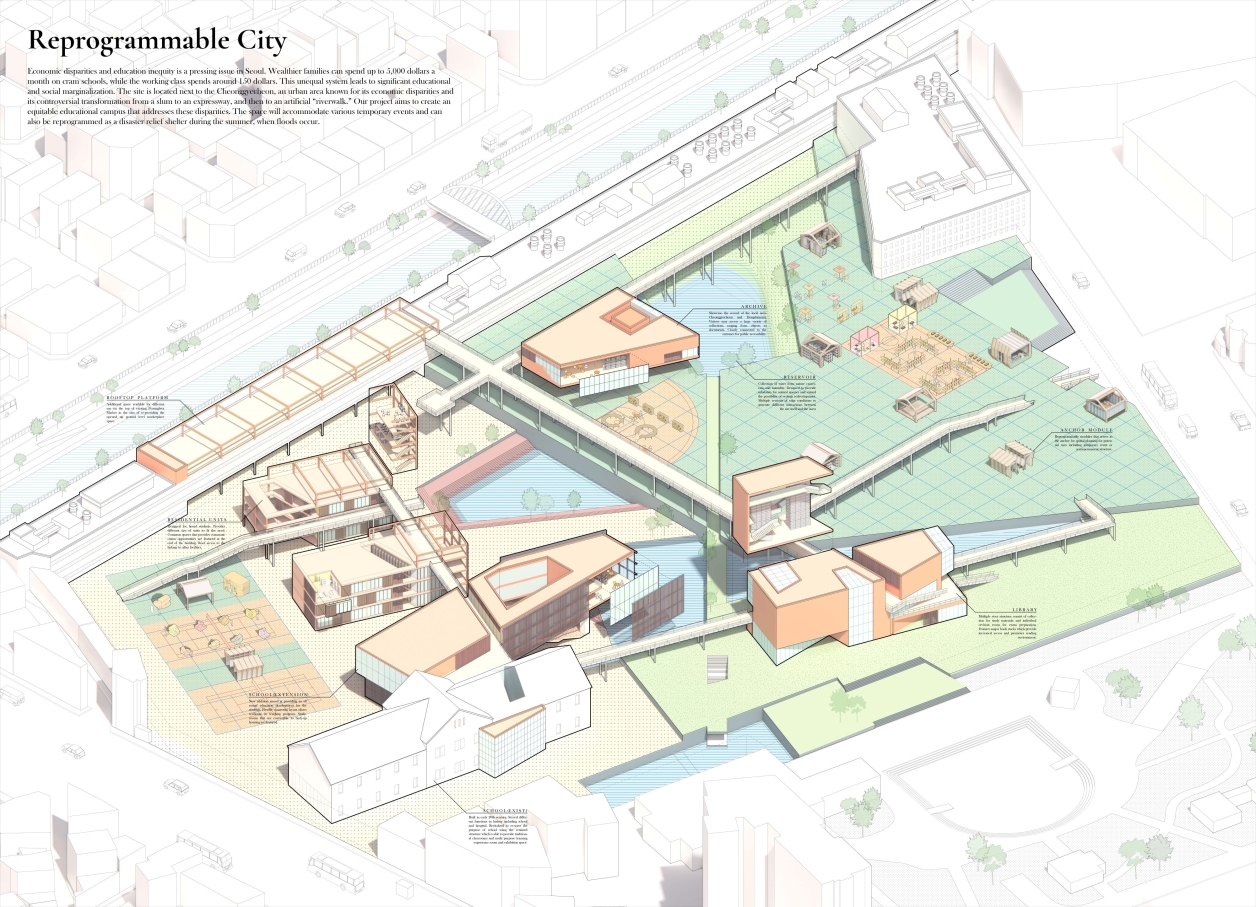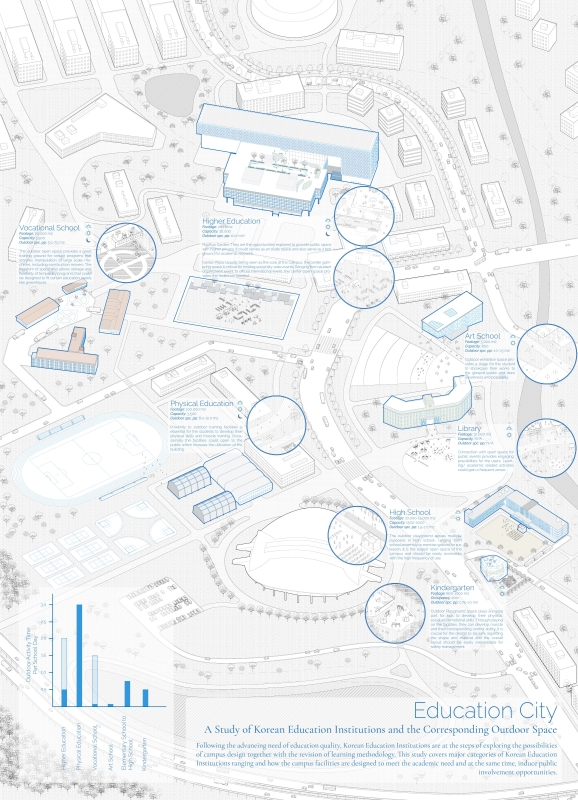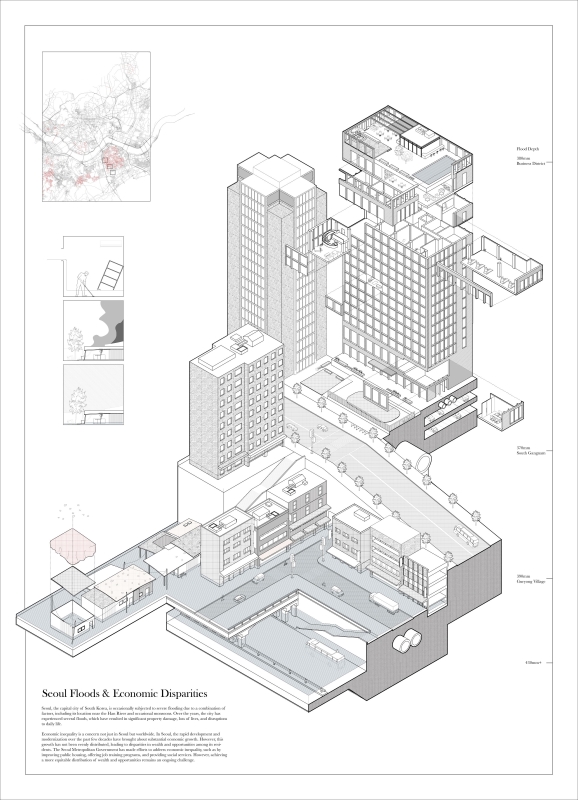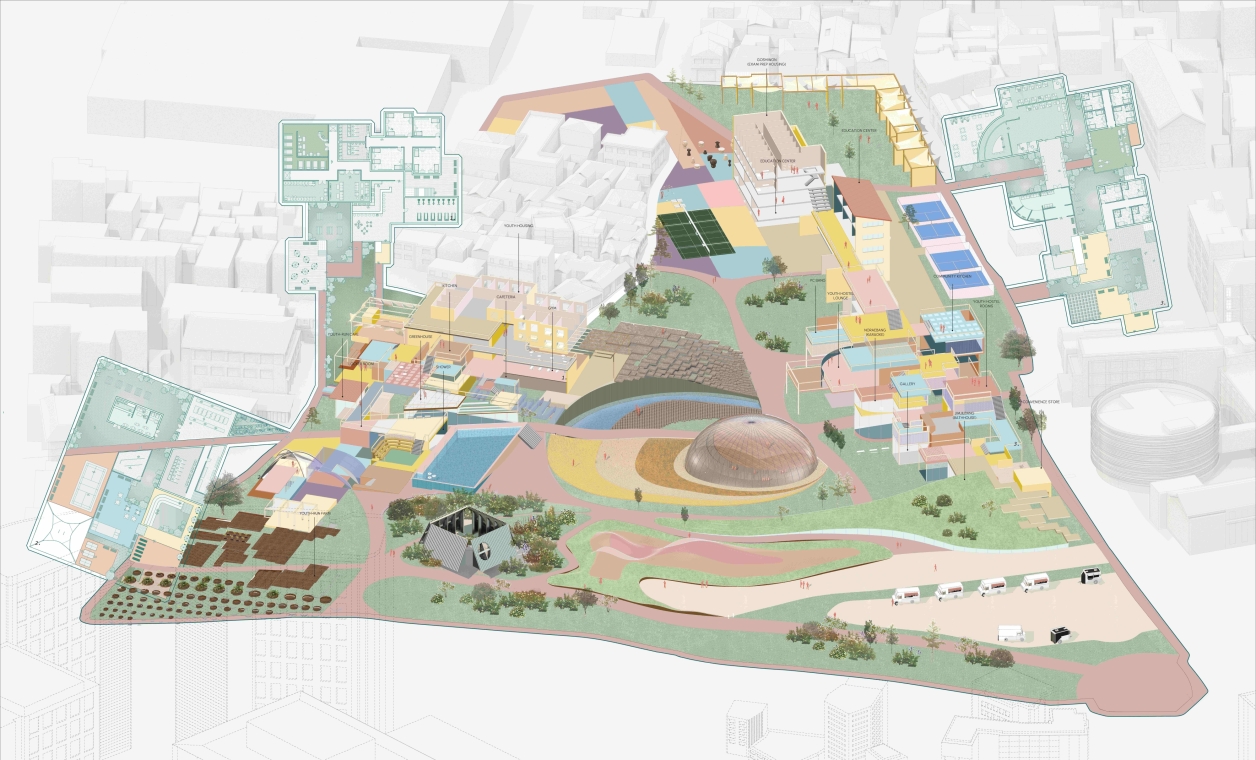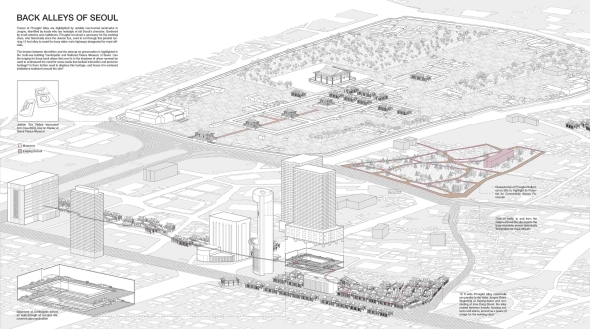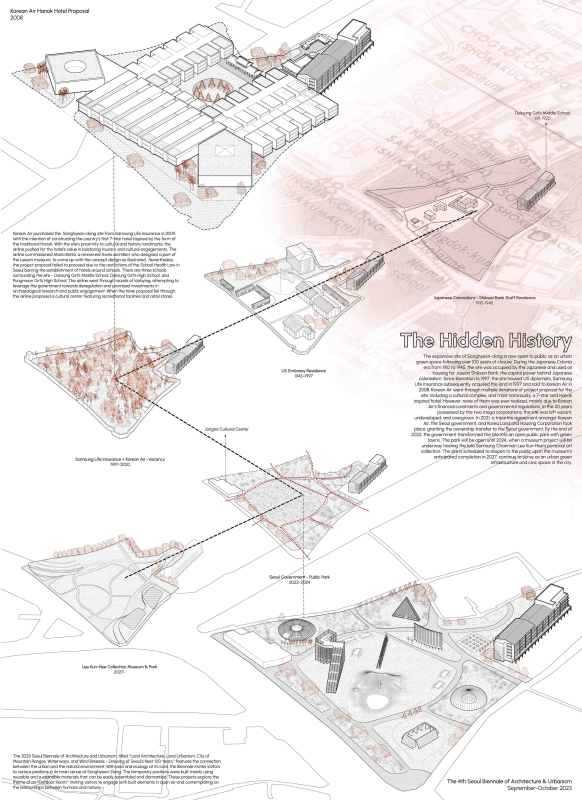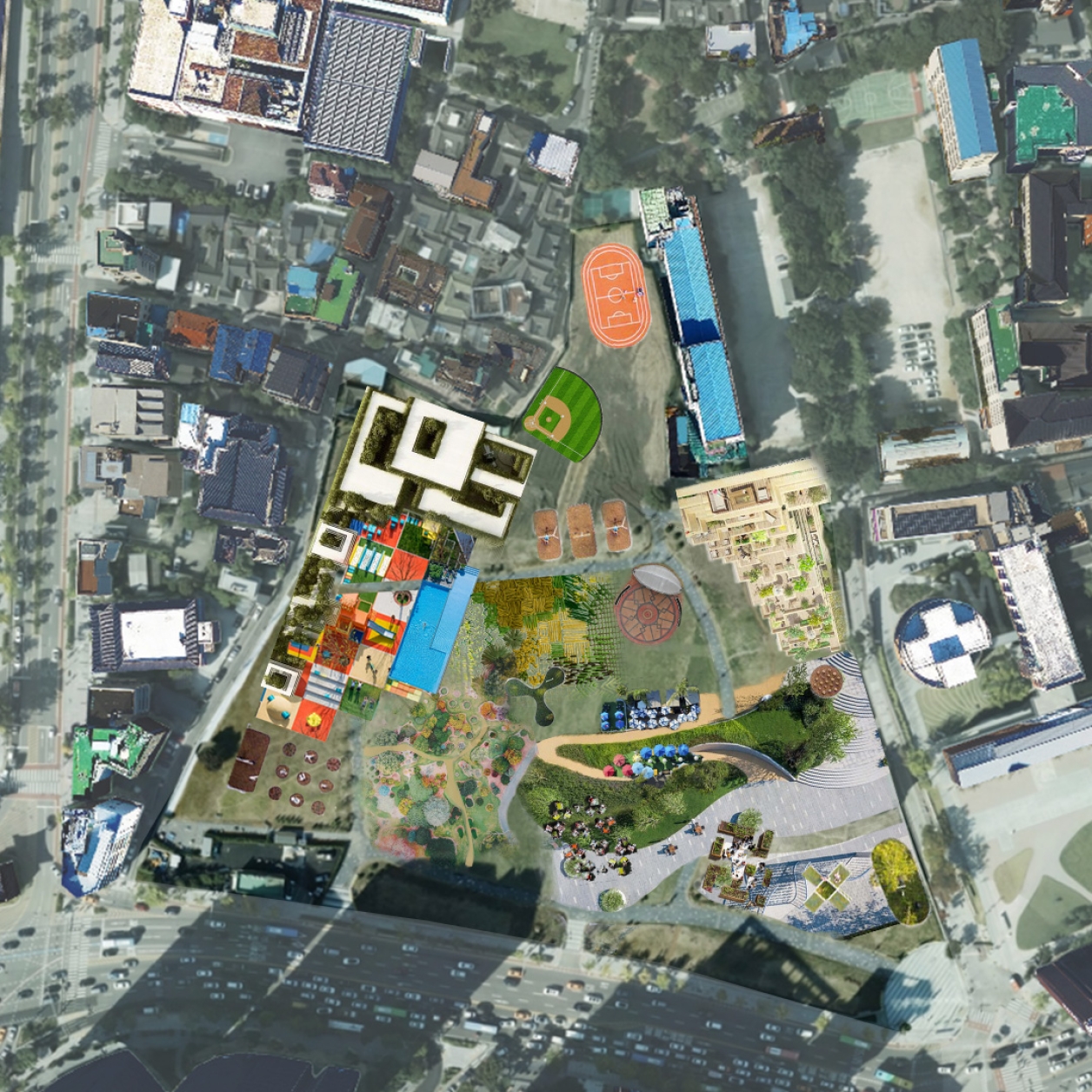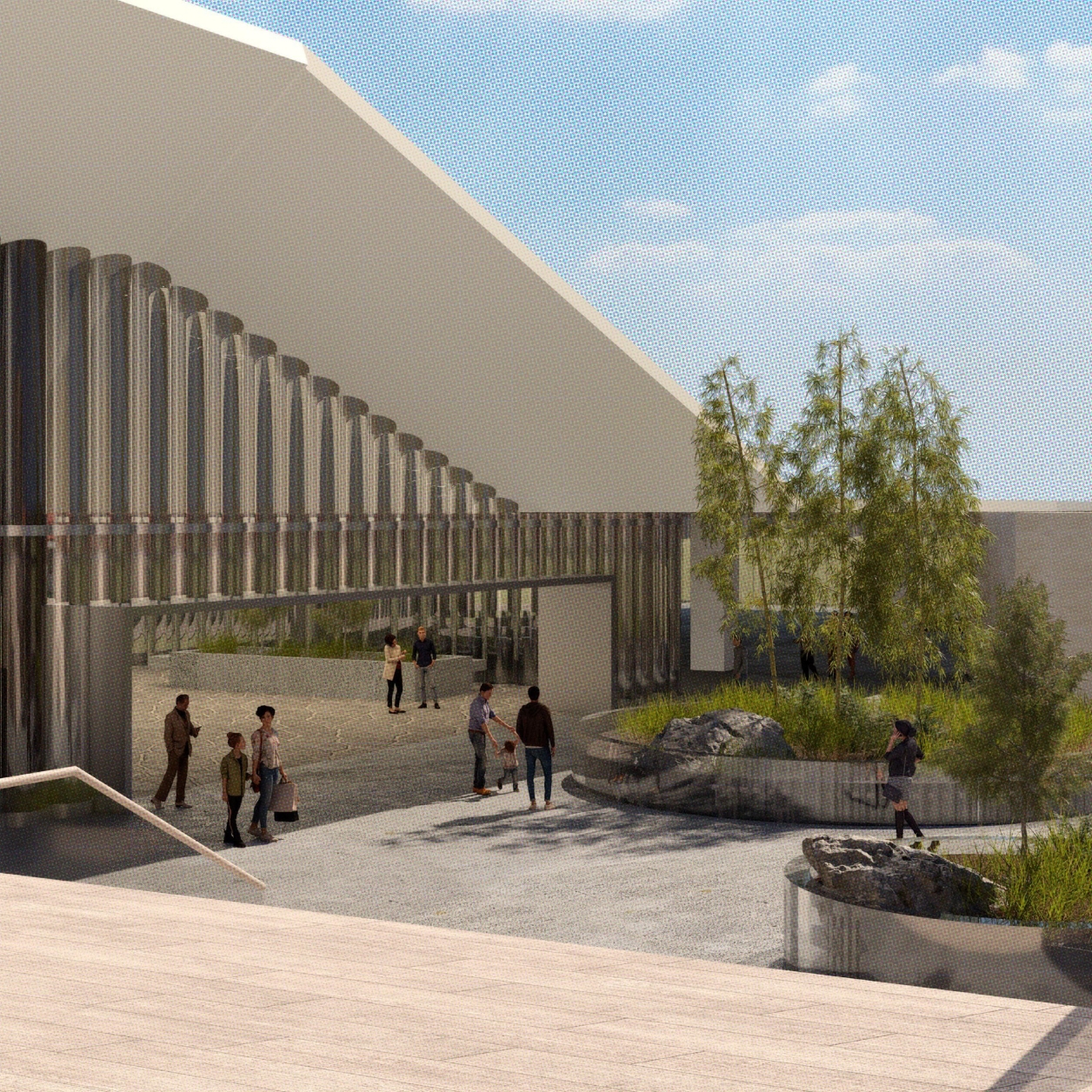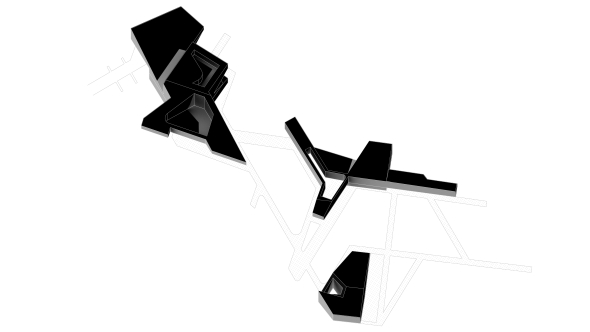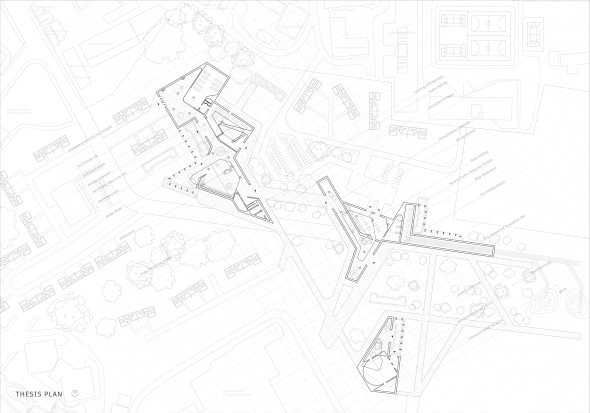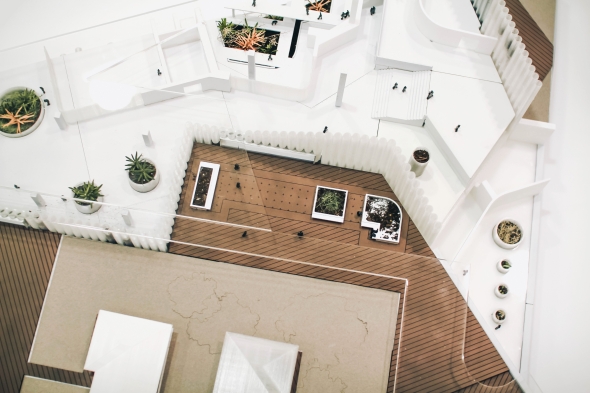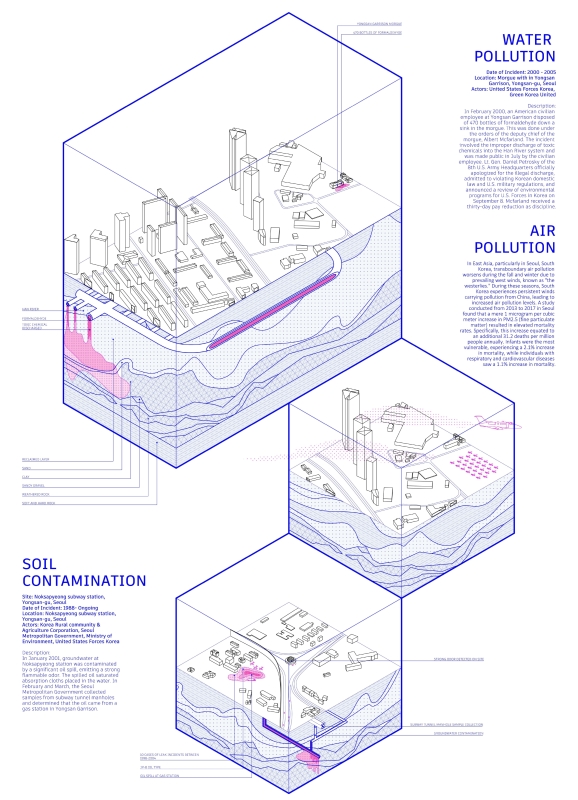Reprogrammable City, Seoul
A continuation of a series of collaborative studios between Weitzman and Seoul National University, this challenges the notion of "destruction for progress" as the default and unquestioned solution for renewal and aims to provoke alternative paradigms for transformation and change. Engaging a selection of sites that each deals with conditions of "Post-____" urbanisms, where the existing environments become novel sites that provoke new architectural strategies and potentials, the projects engage in some of the most urgent challenges in the contemporary environment, while positing new projects of the "afterwards."
As the City of Seoul administration had attempted to reduce “redevelopment” zones in the city, and redirect its attention to the possibilities in a different set of urban project typologies that “goes beyond the development-centric paradigm”, the studio explores the potentials of alternative kinds of architectural projects to reshape the city. Seoul, one of the first “developed” cities in Asia, is a testing ground for redefining the future contemporary city, an opportunity to consider notions of the different publics and their needs, while carefully challenging accepted and ubiquitously applied familiar rules of amelioration through the (re)invention of typologies that reintroduces the civic to the urban.


